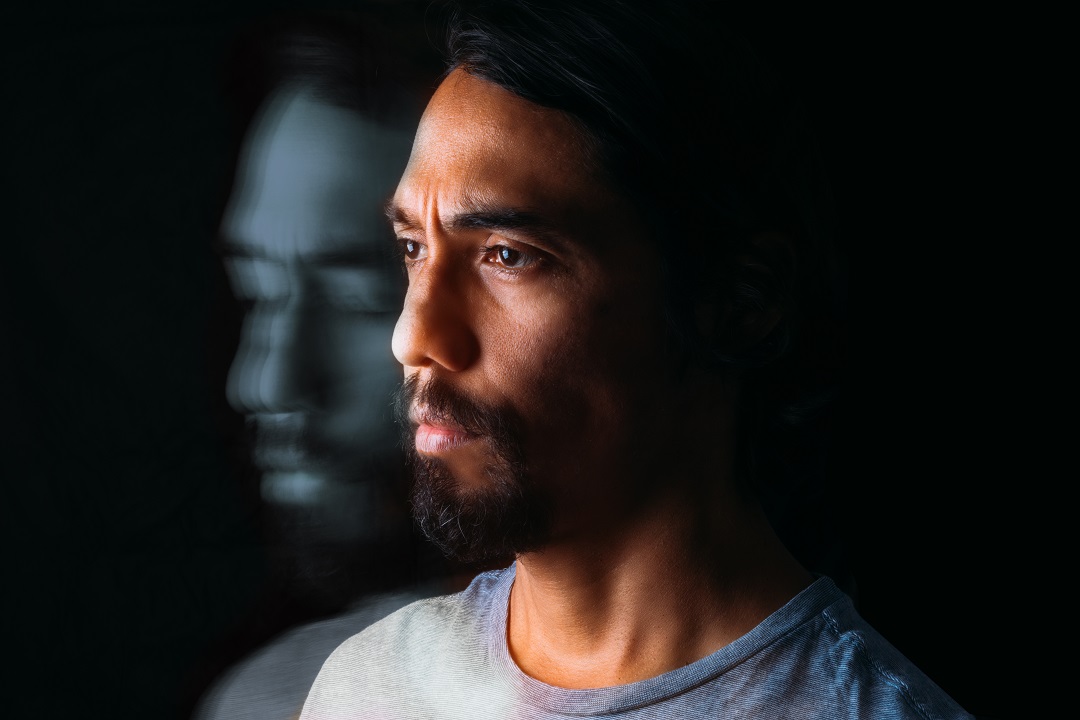Mental illness affects millions of people across the world—but not all conditions are experienced the same way. Some may be more disruptive, more stigmatized, or more difficult to manage day-to-day. Naturally, this leads many people to wonder: What is the hardest mental illness to live with?
It’s a complicated question with no single answer. Mental health struggles are deeply personal, and what feels impossible for one person may be manageable for another. However, when considering intensity of symptoms, impact on daily functioning, and long-term prognosis, many professionals and patients alike point to borderline personality disorder (BPD) as one of the most challenging mental illnesses to live with.
At Robles Ranch Mental Health, a luxury retreat-style treatment center in Paso Robles, California, we recognize the unique challenges individuals with complex diagnoses face. Whether it’s BPD, bipolar disorder, major depression, or another condition entirely, our goal is to support the whole person with personalized, compassionate care.
Let’s take a closer look at what makes some mental illnesses harder to live with—and how hope and healing are still possible.
What Makes a Mental Illness “Hard”?
Before jumping into specific diagnoses, it’s important to understand what we mean by “hardest” in this context. Mental illnesses are diverse in how they affect thoughts, emotions, and behavior. The most difficult conditions to live with often have several things in common:
- Intense emotional dysregulation
- High risk of self-harm or suicide
- Strained personal relationships
- Stigma or misunderstanding
- Long-term symptoms with no quick “cure”
- Difficulty maintaining work, school, or daily responsibilities
These are the types of factors that shape not only how a disorder feels internally, but how it affects someone’s quality of life.
Why Borderline Personality Disorder (BPD) Is Often Considered the Hardest
Among mental health professionals, borderline personality disorder is frequently described as one of the most difficult disorders to live with. Here’s why:
1. Emotional Instability
People with BPD experience extremely intense emotions that can shift rapidly. This makes everyday life unpredictable. Joy can suddenly turn to rage or despair, often without warning. These mood swings are exhausting not just for the individual but for their loved ones as well.
2. Fear of Abandonment
A hallmark trait of BPD is an overwhelming fear of being abandoned or rejected, whether real or perceived. This fear can cause people to act in ways that push others away, leading to a painful cycle of connection and disconnection.
3. Impulsivity and Risky Behaviors
Impulsive decisions—ranging from substance abuse and reckless driving to unsafe sex or binge eating—are common among those with BPD. These behaviors can create lasting consequences and deepen feelings of shame and hopelessness.
4. Self-Harm and Suicidal Thoughts
Unfortunately, many people with BPD struggle with self-harm or suicidal ideation. Studies show that up to 10% of people with BPD die by suicide, making it one of the most high-risk diagnoses in mental health.
5. Misunderstanding and Stigma
Despite being a legitimate and deeply painful condition, BPD is often misunderstood—even by some healthcare providers. This can lead to people feeling labeled, dismissed, or improperly treated, which makes it even harder to seek and maintain support.
Other Mental Illnesses That Are Incredibly Challenging
While BPD is widely acknowledged as especially difficult, it’s not the only condition that profoundly affects daily life. Some others include:
Schizophrenia
A severe mental illness marked by hallucinations, delusions, and disordered thinking, schizophrenia can deeply impair a person’s ability to differentiate between what’s real and what isn’t. The stigma surrounding schizophrenia is also significant, and many people face lifelong challenges.
Bipolar I Disorder
Bipolar I involves intense manic episodes that can be euphoric or dangerously impulsive, followed by crushing depressive episodes. The drastic mood swings can derail careers, relationships, and finances if untreated.
Major Depressive Disorder (MDD)
Chronic depression doesn’t just feel like sadness—it can feel like emotional paralysis. Even basic tasks like getting out of bed or brushing your teeth can feel insurmountable. Depression also increases the risk of suicide and long-term health problems.
Obsessive-Compulsive Disorder (OCD)
OCD is more than just being neat or organized. Intrusive, distressing thoughts and compulsive behaviors can dominate a person’s day and make them feel trapped in their own mind.
There Is Hope: Treating Complex Mental Illness
At Robles Ranch Mental Health, we believe that no diagnosis is a life sentence. Even the most difficult mental illnesses can be managed with the right support, structure, and healing environment.
Our programs go beyond the basics. We offer evidence-based therapies like:
- Dialectical Behavior Therapy (DBT)
- Cognitive Behavioral Therapy (CBT)
- Trauma-informed care
- Medication management
- Family therapy and education
What sets Robles Ranch apart is our holistic, retreat-style approach to healing. We also incorporate therapies like:
- Sound healing and meditation
- Inner child work
- Guided hikes and nature immersion
- Mindfulness and movement practices
Set in the peaceful surroundings of Paso Robles, our environment is designed to feel less like a clinic—and more like a restorative retreat where true transformation can take root.
Contact Us For Support
So—what is the hardest mental illness to live with? The answer is complex, but many agree that borderline personality disorder stands out due to its intense emotional swings, relational challenges, and high risk of self-harm. That said, any mental illness can feel like the hardest when you’re living through it.
No matter the diagnosis, there is always a path forward. If you or someone you love is struggling with a difficult mental health diagnosis like BPD, bipolar disorder, or chronic depression, you are not alone—and help is available.
At Robles Ranch, we work with individuals who have complex needs and deserve more than a one-size-fits-all approach. Our dedicated team of mental health professionals offers personalized treatment in a serene, supportive environment that fosters deep healing.
At Robles Ranch Mental Health, we’re here to walk that path with you—offering not just treatment, but healing, understanding, and a place to breathe again.
Get Help Now
If you or a loved one is struggling with mental health issues or dual diagnosis disorders and seeking a balanced approach to recovery, our dual diagnosis treatment in Georgia may be the right choice.
Latest Posts

Complex Trauma Residential Treatment

Silent Panic Attack





